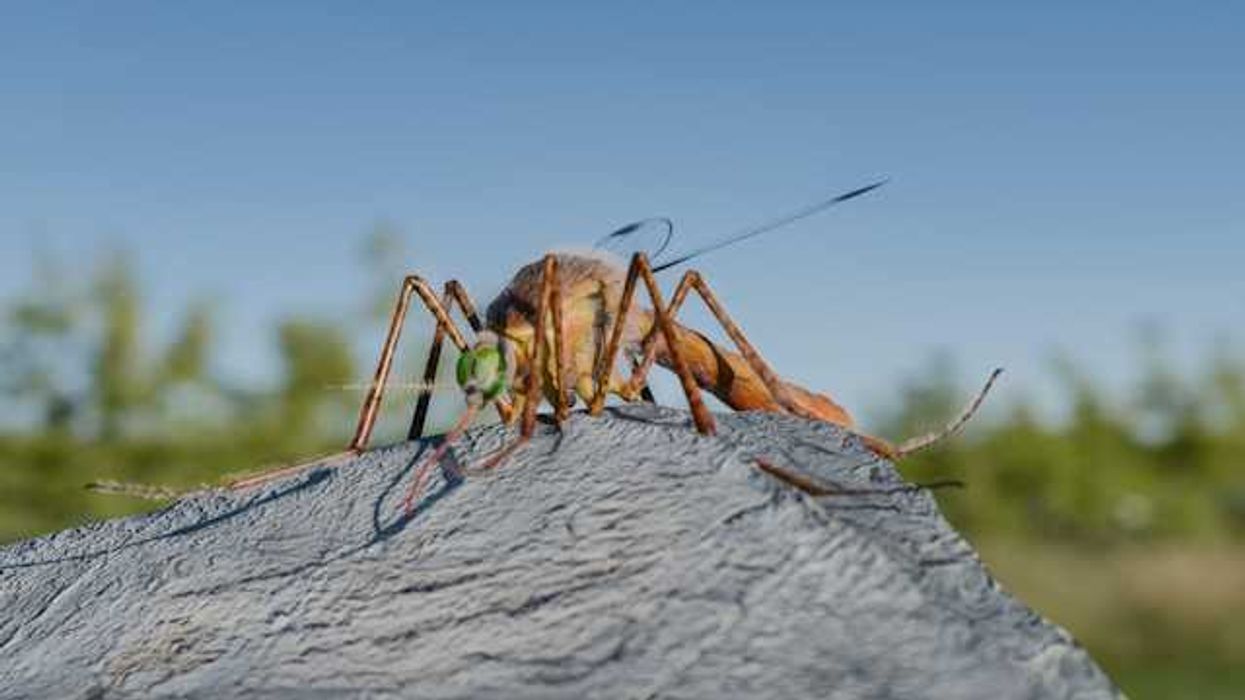Glyphosate, the active ingredient in many herbicides, disrupts female hormones, damages reproductive organs, and may contribute to infertility and diseases like polycystic ovary syndrome (PCOS) and endometriosis, according to a new scientific review.
Pamela Ferdinand reports for U.S. Right to Know.
In short:
- A review published in Reproductive Sciences found that glyphosate exposure may damage the ovaries and uterus, disrupt hormones, and increase risks of infertility and pregnancy complications.
- Researchers linked glyphosate to PCOS and endometriosis, conditions that can cause infertility and serious reproductive health issues.
- Despite U.S. Environmental Protection Agency assurances of safety, studies have associated glyphosate with genetic changes, oxidative stress, and hormone disruption that may impact future generations.
Key quote:
“These GBH-induced alterations in uterine architecture and morphology may contribute to infertility, early pregnancy loss, and endometrial hyperplasia [abnormally thick uterine lining].”
— Review authors, Reproductive Sciences
Why this matters:
Studies have found glyphosate residues in common foods, drinking water, and even rainfall. More troublingly, researchers have detected it in human urine, blood, and breast milk, suggesting that chronic exposure may be more widespread than previously understood. While regulators, including the EPA, have maintained that glyphosate is safe when used as directed, independent studies have raised questions about its potential links to cancer, liver disease, and — most recently — reproductive harm.
New research has pointed to its possible role in infertility and other reproductive disorders, particularly among women. Animal studies suggest that glyphosate may disrupt hormone function, a critical factor in fertility. More alarmingly, emerging evidence hints that its effects may extend beyond those directly exposed. Some scientists suspect that glyphosate exposure could trigger genetic changes passed down to future generations, raising concerns about long-term consequences that go beyond the current population.
Related:
- Study finds link between glyphosate exposure and pregnancy length
- Glyphosate exposure linked to lower birth weights and preterm births in rural areas
- Organic diets reduce glyphosate exposure for pregnant people: Study
- The pesticide ban movement gains momentum














